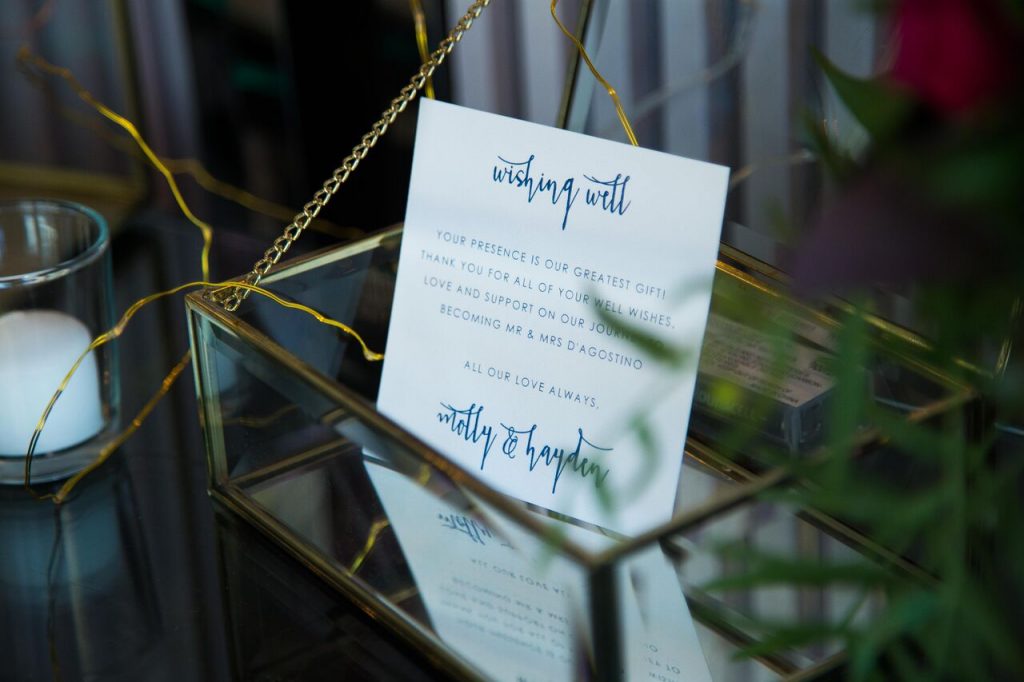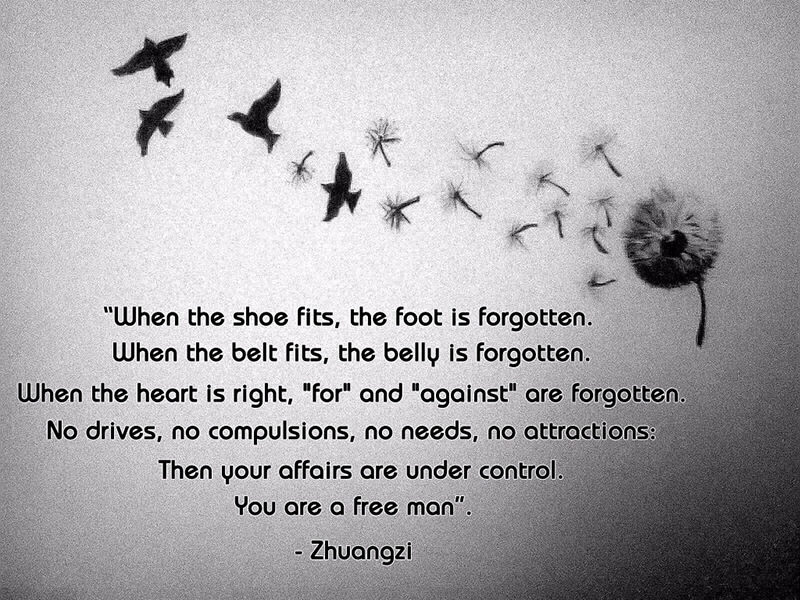Wedding gifts, bought blind or in accordance with a registry, are an essential part of many wedding traditions. Stretching back to the days when marriage was more of a familial and financial transaction, these gifts have traditionally been an outpouring of generosity from family and friends to help the young couple set themselves up as independent adults. This explains the traditional standby gifts of linens, appliances, and cutlery – household items for the new household.
Wish for something very special
However, this tradition is falling out of favour at some modern weddings. As the average age of brides and grooms is now 30 rather than 20, more and more couples are entering into matrimony at a point in their life where their households are already established. While gifts are still a cherished part of the wedding tradition, there’s only so many redundant household appliances you can graciously accept before wishing for a better alternative. Many couples have begun sending out delicately worded cards with their invitations, asking guests to forgo traditional wedding gifts and instead – if they want to – contribute cash to a central fund: the wishing well.
The spirit of the gift
As more and more couples have jumped on this new trend, it’s very clear that the idea has widespread appeal. There has long been a line of marriage humour around the resale of duplicate or unwanted gifts; more pragmatic minds will suggest that this saves the indignity of pawning someone’s chosen gift and guarantees that the lucky couple will actually get something they want. However much sense it makes, though, for some people this sort of behaviour will always be too much. Trying to orchestrate people’s gifts, or begging for something which is meant to be freely given, leaves a bad taste in the mouths of many; it may not be worth tarnishing your ceremony or reception with no matter how pretty the “well” you produce is.
Worth the wish?
Ultimately this sort of change in tradition, stripping away personal judgements, seems very much a generational issue. Younger wedding parties, on the whole more pragmatic and driven by convenience, will appreciate the idea of contributing towards something the couple really value and are not inclined to shame others over their use of money. They might also enjoy not having to go shopping for wedding gifts themselves. On the other hand, the traditionally minded will likely find the practice a bit gauche.
There is no wholly graceful way to ask family and friends to give you cash, so commit to the idea if you are going ahead with it; don’t sabotage yourself by trying to simultaneously beg and apologise for it in your invitation or insist to people that their presence alone is what matters. Just make your choice, finalise it, then enjoy your wedding!


